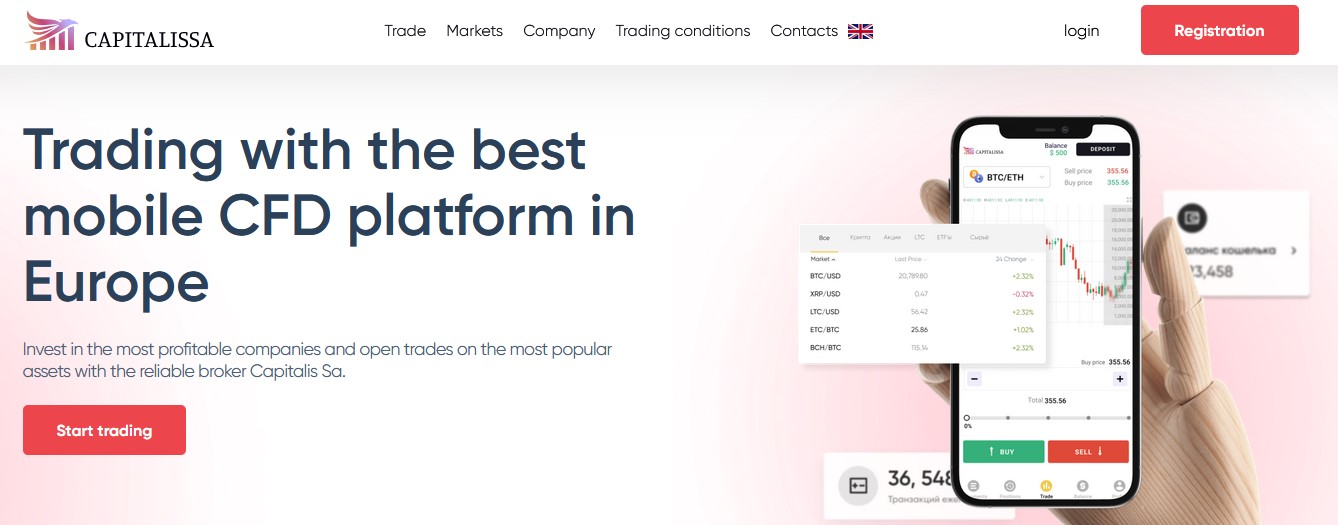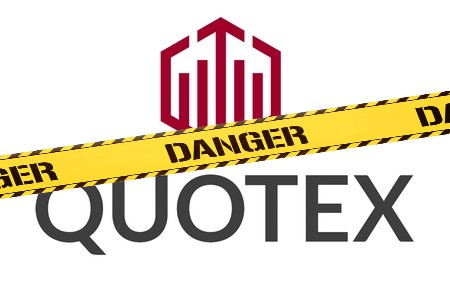War in Ukraine: will any products disappear from the shelves in the coming weeks?
.webp) Julius Conley
20 / June / 22
Visitors: 1505
Julius Conley
20 / June / 22
Visitors: 1505
Since the conflict doesn't seem to be close to being over, could other products be missing from our French stores? Tensions already seem to be showing up on mustard jars or glass-bottled products like wine or beer. Something that could unsettle households and bring back bad memories of March 2020 when flour, eggs or toilet paper disappeared due to panic buying. At the Carrefour market in rue Martyrs (9th arrondissement), Theo and Natasha, a couple in their thirties, become afraid to shop. Carefully looking at the slightest flaw on the shelves, they testify: “Just in case, we stock up on the most necessary products. In addition to fresh and meat. »
According to some experts, it is not necessary to empty the shelves when shopping. “The risk of shortages in France, with the exception of sunflower oil, which is a very specific case, is practically zero,” Hervé Guillaumard, an economist and director of research at the National Research Institute for Agriculture (INRAE), immediately reassures. He reminds us that France is quasi-autonomous in terms of agricultural production, which has suffered the most from the Ukraine conflict. Clement Le Fourny, co-founder of Agriconomie, has the same analysis: “France exports more food than it imports.”
However, the balance should be clarified, the expert clarifies: "Since 2012, France has been exporting less and more, and importing more and more." Just as the coronavirus crisis has highlighted the country's dependence on health in all its glory, the war between Kyiv and Moscow - combined with other events - may return the discussion about the gastronomic country's food sovereignty. “France has enough to feed its population, but does it really need it? asks Clement Le Fourny: “This is a question that belongs to the consumer. Does he want to eat tomatoes and avocados in winter, or eat a diet independent of the world outside of France? »
Not a shortage, but tension
The matter is heard, we will not starve. They always take, of course, but will these famous foreign products run out? At Théo et Natacha, to hell with short circuits, we love everything, not just Made in France. So, can avocado toast continue on Sunday at home brunch or not? There, too, you don’t have to worry about the risk of shortages: no product should be missing, except for our famous sunflower oil. “Regarding mustard, for example, there could be tension due to the very unfavorable climatic conditions in Canada, between drought and flood. But there will be no stock shortage, just a more expensive offer because it is rare,” says Gregory Kare, director of the Consumer Observatory at UFC-Que Choisir.
Moreover, having lost Ukrainian and Russian tanks, the West runs the risk of playing ahead of the curve on some of the available stocks. A new parallel to Clément Le Fourney's first conclusion, when masks were sent to the highest bidding countries, regardless of the first buyer: “However, some countries, fearful of food shortages, will always outbid to make reserves, further eroding market prices. »
Wallet problem
So let's get to the really bad news: If there's no deficit, inflation looks pretty pissed off. “The French will not be short of any product, but perhaps the money to buy them,” sums up Gregory Kare. An analysis shared by our couple in their thirties: “We have a weekly budget of 200 euros for shopping. Well, week after week, the basket is getting empty,” Natasha laments.
“Even before the war in Ukraine, prices were rising after an excessive recovery of post-COVID demand relative to supply,” recalls Hervé Guiomar. The dispute only exacerbates the situation, pushing out two large exporters. Result ? Prices are rising. INSEE estimates inflation in the food sector at 3.8% in April. Also, according to the same institute, household consumption in March fell "significantly" by 1.3%, mainly due to a decrease in food consumption (-2.5%).
"The less processed the product, the more expensive it will be"
Some products were particularly affected: According to IRI (Information Resources, Inc.), between April 2021 and April 2022, pasta prices increased by 15.31%, mustard by 9.26%, vegetable oil - by 9.98%, for flour - by 10.93%. and frozen meat 11.34%. Other products will also suffer from the consequences of the Ukrainian conflict: those that are directly related to grain or livestock. However, “Ukraine provided many necessary components for chemical fertilizers needed for breeding. Not to mention that fertilizers are also highly dependent on the price of gas,” notes Clement Le Fourny. But if these foods are the pinnacle of inflation, then it is useless to hope for this, it will really affect all food, Herve Guillaumard declares: “In a domino effect, all foods eventually undergo growth. Food in France will rise. »
And, in the words of Gregory Kare: “The less a product is processed, the more expensive it will be, because it depends on raw materials. This is why pasta and flour rise more. By the same logic, the cheapest brands suffer the most from inflation because they have less room to maneuver with raw materials. » There is no first prize pasta for Theo and Natasha. “And no salmon either, it was already expensive before,” Theo exhales.
War in Ukraine: Europe will buy gas together and fight food shortages
We have compiled a list of brokers, that we recommend avoiding.







